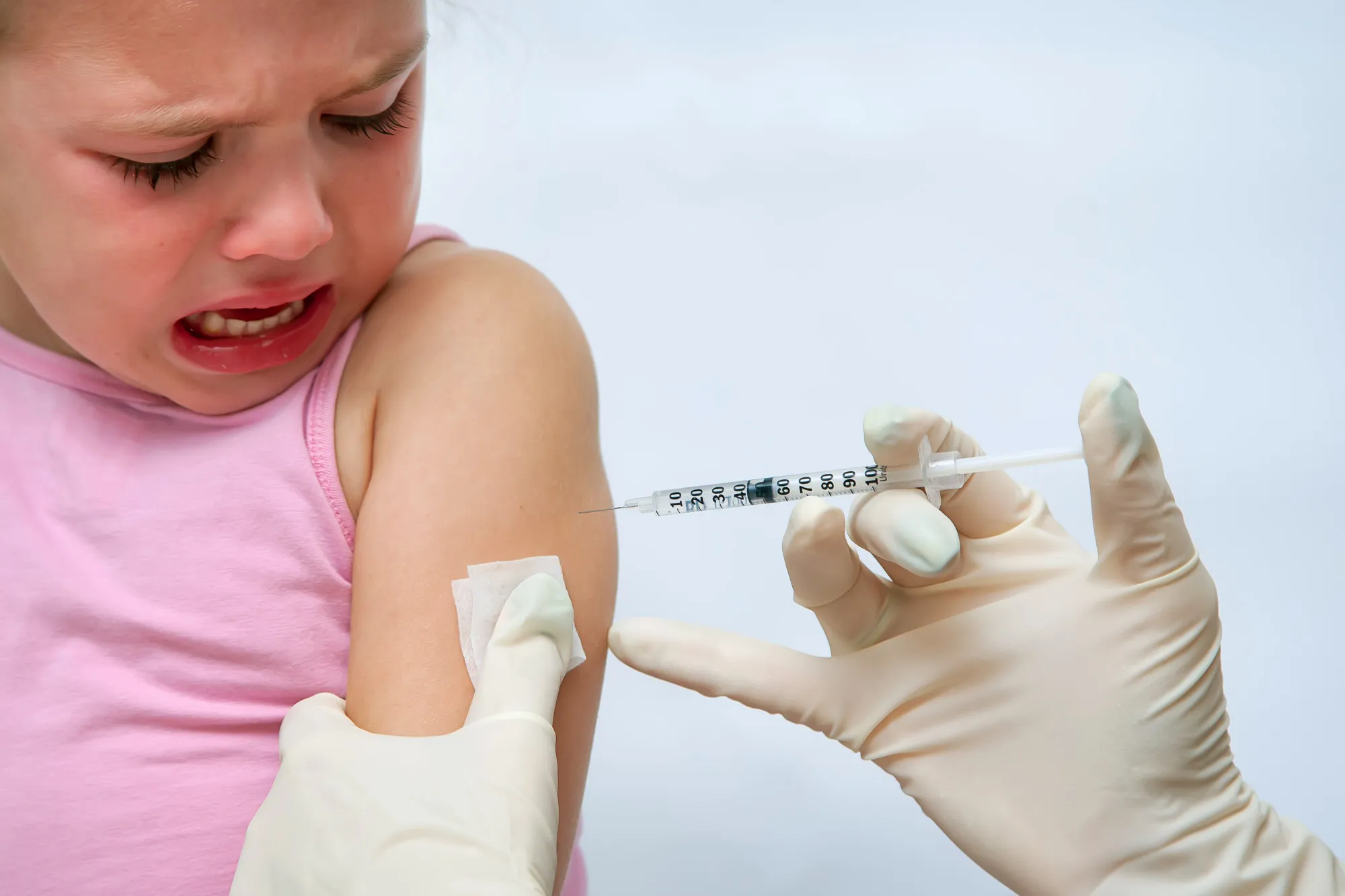Over the past two decades, the international health community has witnessed a significant reduction in malaria-related deaths, particularly among African children. Despite this achievement, the global burden of malaria—a life-threatening disease caused by Plasmodium parasites transmitted through the bites of infected female Anopheles mosquitoes—remains alarmingly high, presenting challenges to healthcare systems around the world. Recent concerns have particularly centered on the emergence of resistance to artemisinin, the cornerstone of modern malaria treatment, which poses a critical threat to the ongoing efforts in malaria control. This article explores the advancements and obstacles in the management and control of malaria, reflecting on the state of the disease as of July 2019, as published in ‘Tropical Doctor’ (DOI: 10.1177/0049475519846382).
Advances in Malaria Management
Malaria management has been revolutionized by the advent of artemisinin-based combination therapies (ACTs). Artemisinin, extracted from the sweet wormwood plant, and its derivatives have been highly effective due to their rapid action against Plasmodium parasites. However, recent years have seen the disturbing rise of artemisinin-resistant strains of malaria, particularly in the Greater Mekong Subregion. This resistance undermines the efficacy of ACTs and jeopardizes the progress made in malaria control.
The situation has prompted an upsurge in research to develop new antimalarial drugs and drug combinations with the aim of maintaining a step ahead of the evolving Plasmodium parasites. In response to the global health crisis, Assistant Professor Ashok K. Pannu of the Department of Internal Medicine at the Post Graduate Institute of Medical Education and Research in Chandigarh, India, highlights the need for continued innovation in the treatment landscape for malaria (Pannu, 2019).
Development of Novel Antimalarials
One promising direction in the quest to outsmart Plasmodium parasites is the development of novel drug candidates that target different life cycle stages of the parasite or employ mechanisms of action distinct from those of current therapies. For instance, researchers are investigating the potential of targeting Plasmodium’s enzyme pathways, which are crucial for its survival and replication. Compounds such as KAF156 and cipargamin have shown promise in early clinical trials.
Additionally, some new combination therapies are in the pipeline, aiming to improve treatment efficacy and mitigate the risk of drug resistance. The combination of artefenomel (OZ439) with ferroquine has displayed potent antimalarial activity and is currently under phase IIb clinical trial evaluation.
Malaria Vaccines: A Ray of Hope
Prevention is a pillar of malaria control, and the development of an effective malaria vaccine has been at the forefront of the global health agenda. The first-generation malaria vaccine, RTS,S/AS01 (Mosquirix™), has demonstrated moderate efficacy in preventing malaria in children and is now being piloted in several African countries. Although this vaccine does not provide complete protection, it represents a monumental breakthrough and serves as a foundation for future vaccine development.
Research is underway to improve the efficacy of RTS,S/AS01 and to develop new vaccines targeting different stages of the Plasmodium life cycle. These vaccines aim to prevent infection, block disease transmission, or alleviate disease severity. The continued exploration and investment in vaccine research is critical to the long-term eradication of malaria.
New Vector-Control Strategies
Vector control remains a cornerstone of malaria prevention. The widespread use of insecticide-treated bed nets (ITNs) and indoor residual spraying (IRS) has greatly contributed to the reduction of malaria burden. However, the emergence of resistance to pyrethroid insecticides, commonly used in ITNs and IRS, has presented new challenges in vector control. Researchers are actively developing new insecticides and are exploring novel approaches such as the use of genetically modified mosquitoes and the deployment of attractants or repellents to disrupt mosquito behavior.
Challenges and the Way Forward
The path to malaria control is fraught with challenges, particularly as the threat of drug and insecticide resistance looms large. There is an urgent need to strengthen surveillance systems to monitor resistance patterns, and health systems must be robust enough to quickly adapt to new treatment guidelines as resistance emerges. Global collaboration and funding are imperative to sustain and amplify the research and development efforts. This collective effort can ensure that advances in management and treatment outpace the strategies of a resilient and adapting parasite.
Conclusion
The fight against malaria has seen significant victories over the past 20 years, but emerging resistance to artemisinin and insecticides signals an alert for the global health community. As we push forward with the development of novel antimalarials, vaccines, and vector-control strategies, collaboration across nations and disciplines remains key. While the challenges are immense, the commitment to innovation and the determination to control and eventually eradicate malaria carry the promise of a future free from this ancient scourge.
References
1. Pannu, A. K. (2019). Malaria today: advances in management and control. Tropical Doctor, 49(3), 160-164. doi: 10.1177/0049475519846382.
2. World Health Organization. (2021). World malaria report 2020. Retrieved from [https://www.who.int/publications/i/item/9789240015791](https://www.who.int/publications/i/item/9789240015791).
3. White, N. J. (2018). Does antimalarial mass drug administration increase or decrease the spread of resistance? The Lancet Infectious Diseases, 18(1), e15-e20.
4. RTS,S Clinical Trials Partnership. (2015). Efficacy and safety of the RTS,S/AS01 malaria vaccine during 18 months after vaccination: A phase 3 randomized, controlled trial. The Lancet, 386(9988), 31-45.
5. National Institute of Allergy and Infectious Diseases. (2020). Malaria. Retrieved from [https://www.niaid.nih.gov/diseases-conditions/malaria](https://www.niaid.nih.gov/diseases-conditions/malaria).
Keywords
1. Malaria Management
2. Artemisinin Resistance
3. Malaria Vaccine Development
4. Antimalarial Drug Research
5. Vector Control Strategies
These keywords are designed to target users who are seeking current information on advancements in malaria control, detailed updates on drug resistance concerns, and potential breakthroughs in vaccine research and other preventive measures. Using these keywords strategically in the content can improve its visibility on search engines for individuals and organizations interested in the latest developments and research concerning malaria management and eradication efforts.
